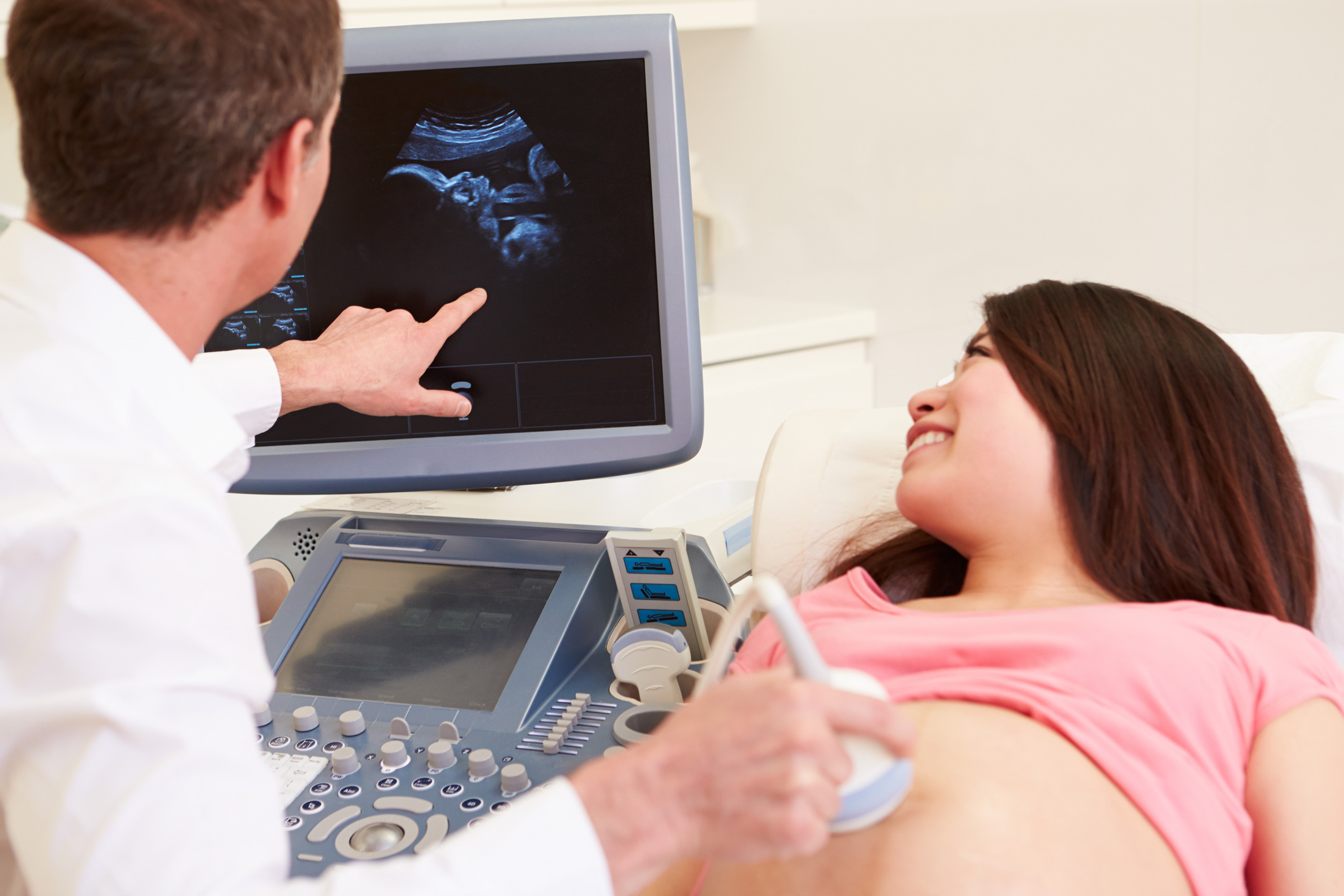
24 Aug Experts Urge Further Research on Preconception Diets for Pregnancy
Boosting Fertility with Diet: The Missing Evidence
A recent review led by Monash University highlights the need for more research on preconception diets to enhance the chances of becoming pregnant. While the study shows promising benefits in certain dietary patterns, there is currently no official guidance on which specific foods improve fertility.
The study, published in Human Reproduction Update, analysed 36 studies from 2007 to 2022, focusing on women of reproductive age during the preconception period. It sought to identify effective dietary approaches that could positively impact fertility.
Among the dietary patterns studied, the Mediterranean diet stood out as particularly beneficial. This plant-based diet includes fruits, vegetables, whole grains, beans, nuts, legumes, white meat, and healthy fats from olive oil. Notably, it displayed a consistent association with improved pregnancy rates, likely due to its anti-inflammatory properties.
Additionally, reducing the consumption of trans fats and discretionary foods (junk food and sugar-sweetened drinks) aligned with general healthy eating guidelines and showed potential benefits for pre-pregnancy fertility without significant risks.
However, the evidence for other food groups like seafood, dairy, and soy was inconsistent and inconclusive in relation to fertility.
Senior Author Associate Professor Lisa Moran from the Monash Centre for Health Research and Implementation emphasised that preconception diet plays a vital role in fertility. Despite this, there is a lack of specific dietary advice for women in the preconception period globally.
While nutrition recommendations exist during pregnancy, there is a notable absence of tailored dietary advice for women planning to conceive. The study highlights the need for evidence-based dietary guidelines to improve fertility outcomes for a wide range of women.
The research team, also led by Senior Author Dr Jessica Grieger from the University of Adelaide, stressed the importance of further high-quality dietary studies to better support women and couples during pregnancy planning.
It’s worth noting that the review recognised the importance of male fertility in the conception process. Approximately 20-30% of infertility cases involve a combination of female and male factors. Hence, optimising men’s health through diet may also increase the likelihood of successful conception.
Further research is necessary to establish evidence-based recommendations and fill the gaps in our understanding of preconception diets. With more knowledge in this area, we can better support individuals and couples in their journey towards parenthood.







